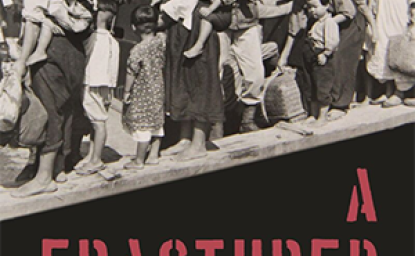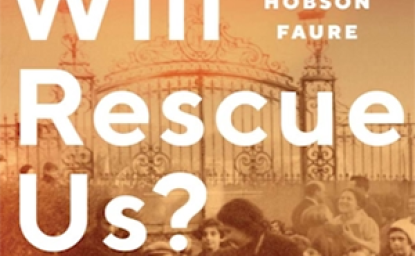Optimizing Governance of US International Media in Historical and International Context



The National Defense Authorization Act for Fiscal Year 2017 fundamentally restructures U.S. international “broadcasting” - today multimedia content created by five separate networks and delivered by satellite and terrestrial television, radio, the internet, and social media to countries lacking free media. The Act abolishes the Broadcasting Board of Governors and subordinates both the two federal and the three nongovernmental nonprofit networks to an Executive Branch senior official appointed by the President. This paper reviews problematic provisions of the Act and offers three options for revision.
A. Ross Johnson is a visiting scholar at the Hoover Institution, adviser to the Radio Free Europe/Radio Liberty (RFE/RL) Archive Project at Hoover, and Cold War Fellow at the Woodrow Wilson International Center for Scholars.
To read Optimizing Governance of US International Media in Historical and International Context, please click here.
Author

Senior Adviser, Radio Free Europe/Radio Liberty; former Director, Radio Free Europe

History and Public Policy Program
A leader in making key foreign policy records accessible and fostering informed scholarship, analysis, and discussion on international affairs, past and present. Read more


Cold War International History Project
The Cold War International History Project supports the full and prompt release of historical materials by governments on all sides of the Cold War. Read more




